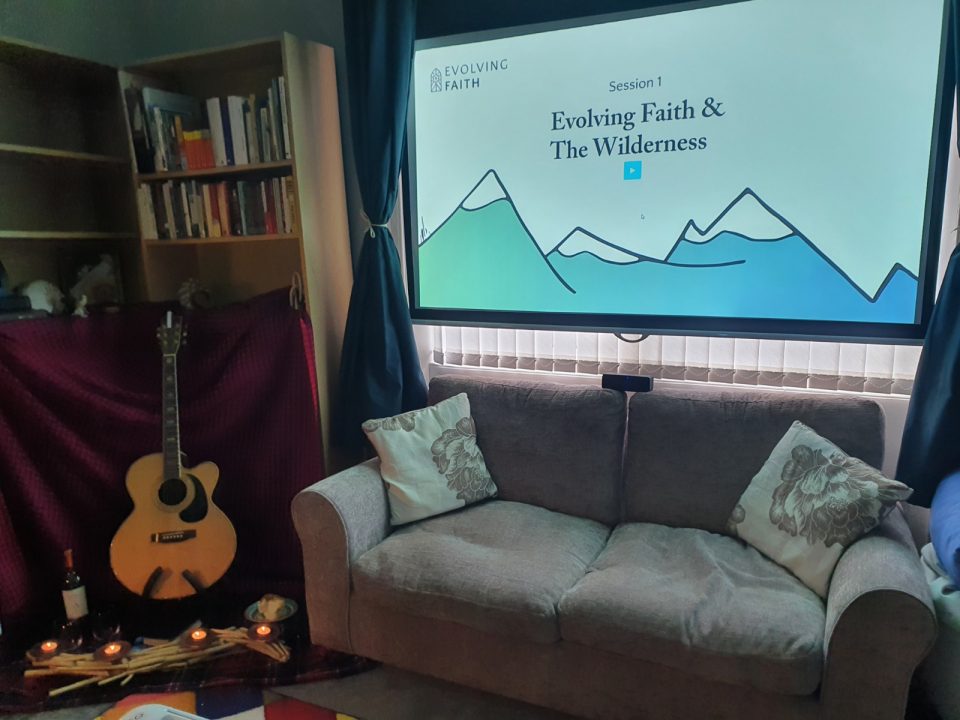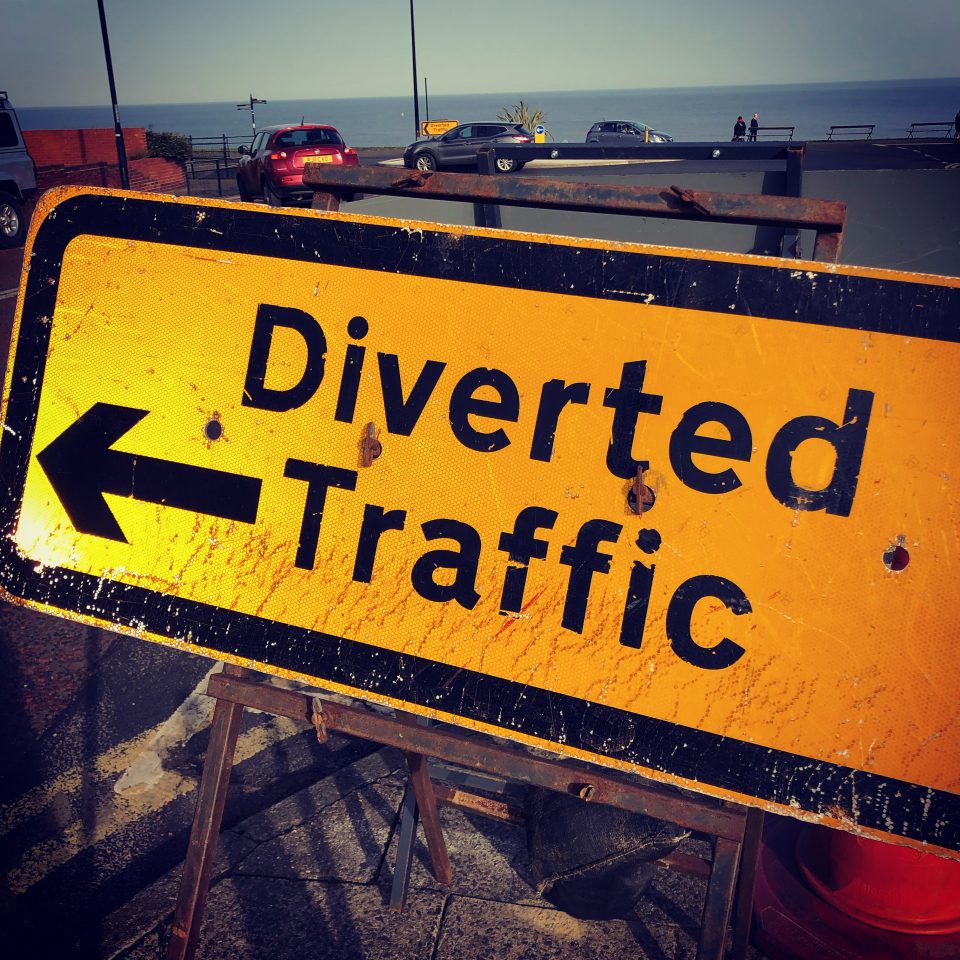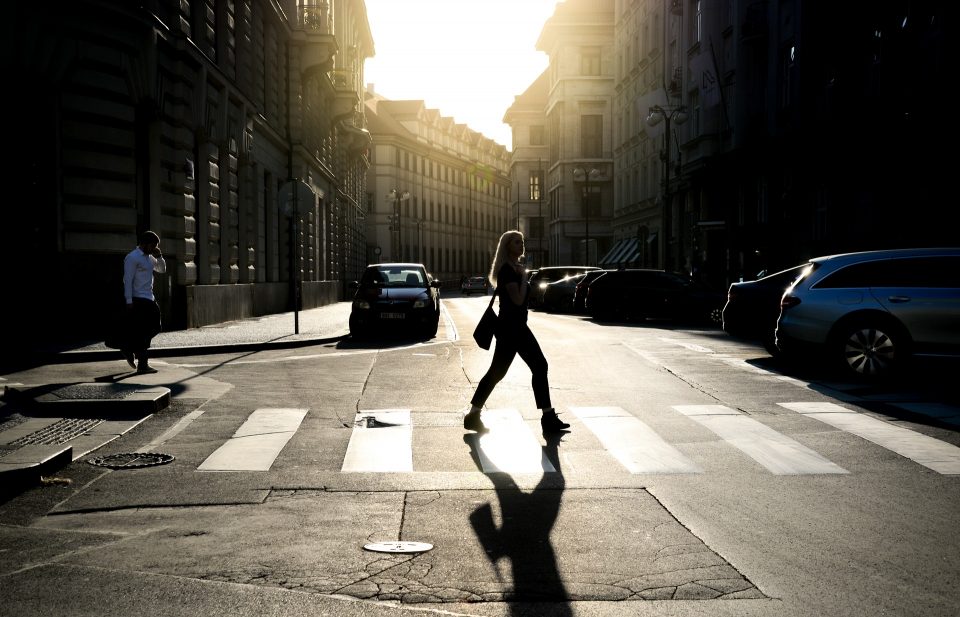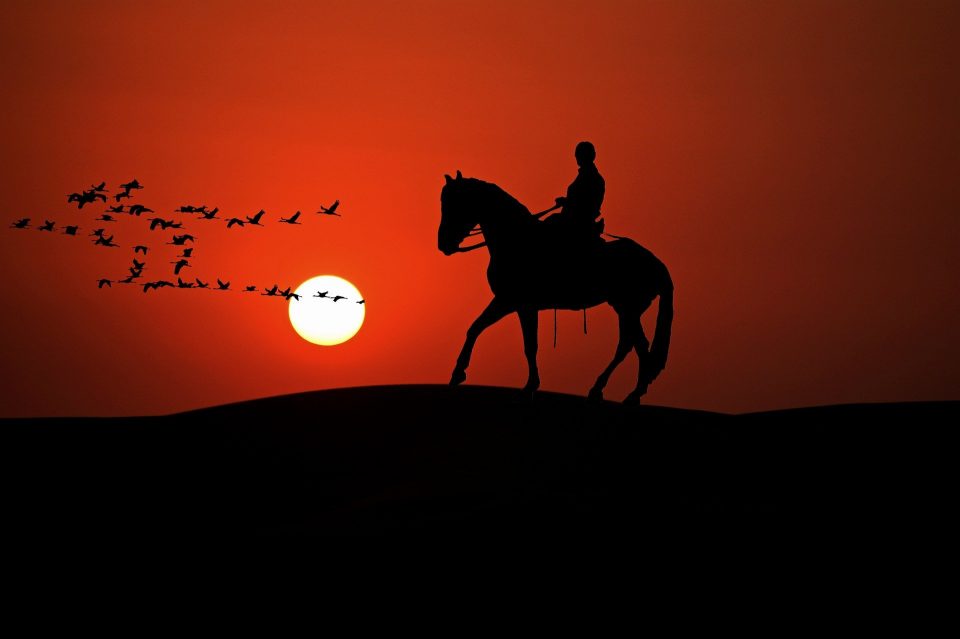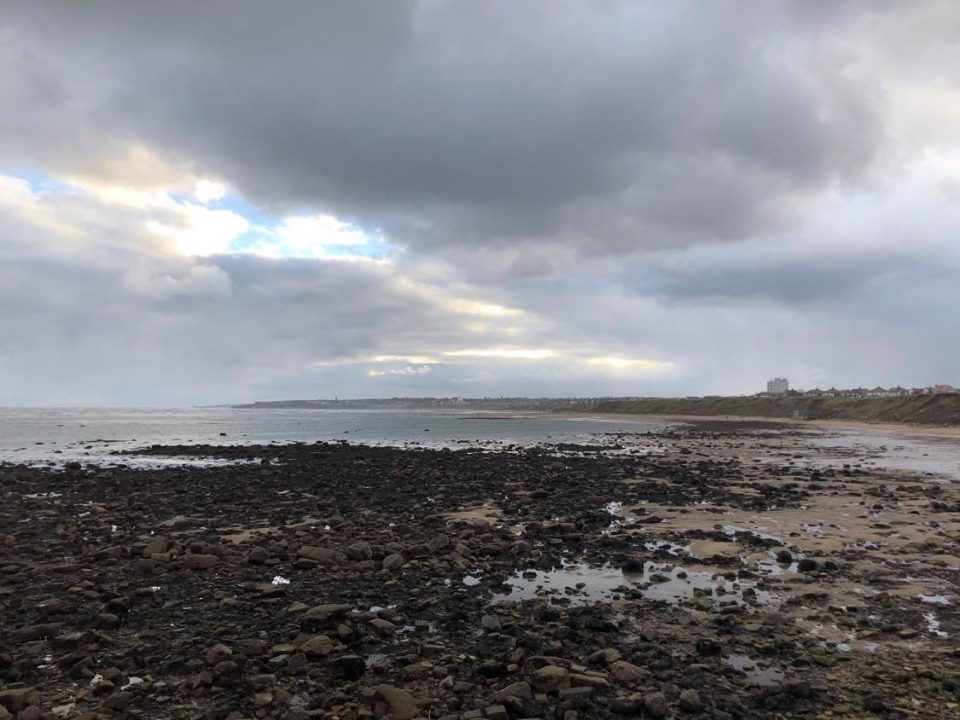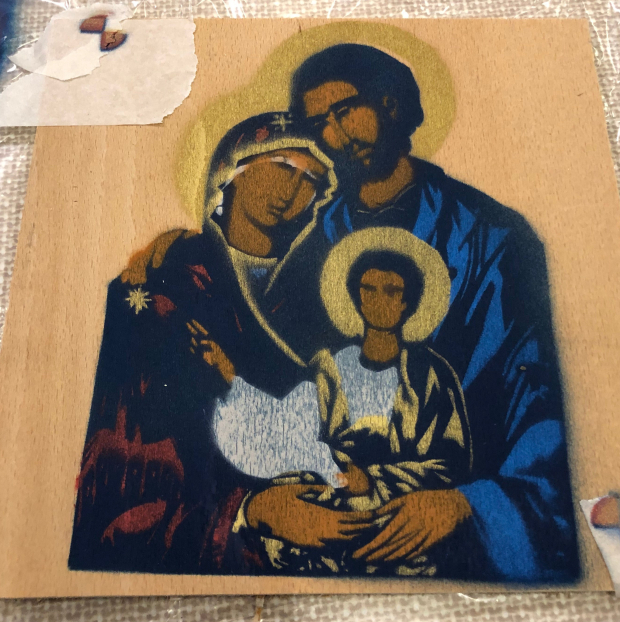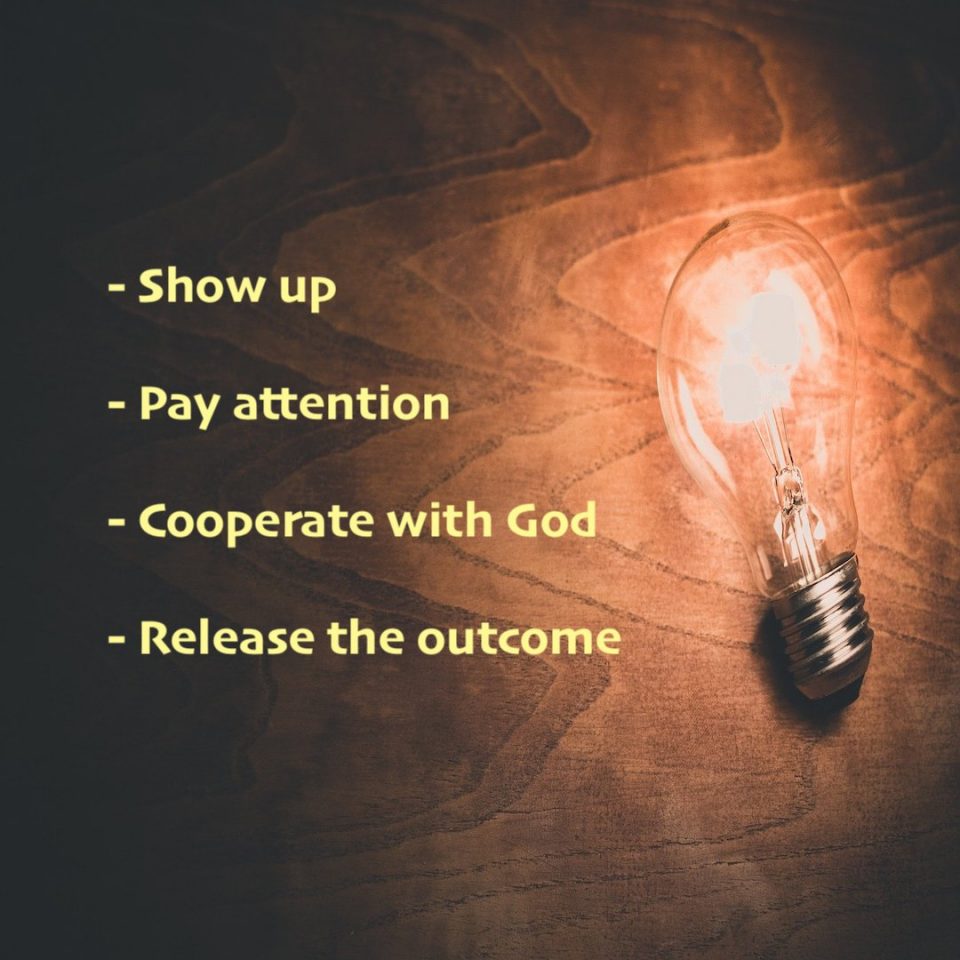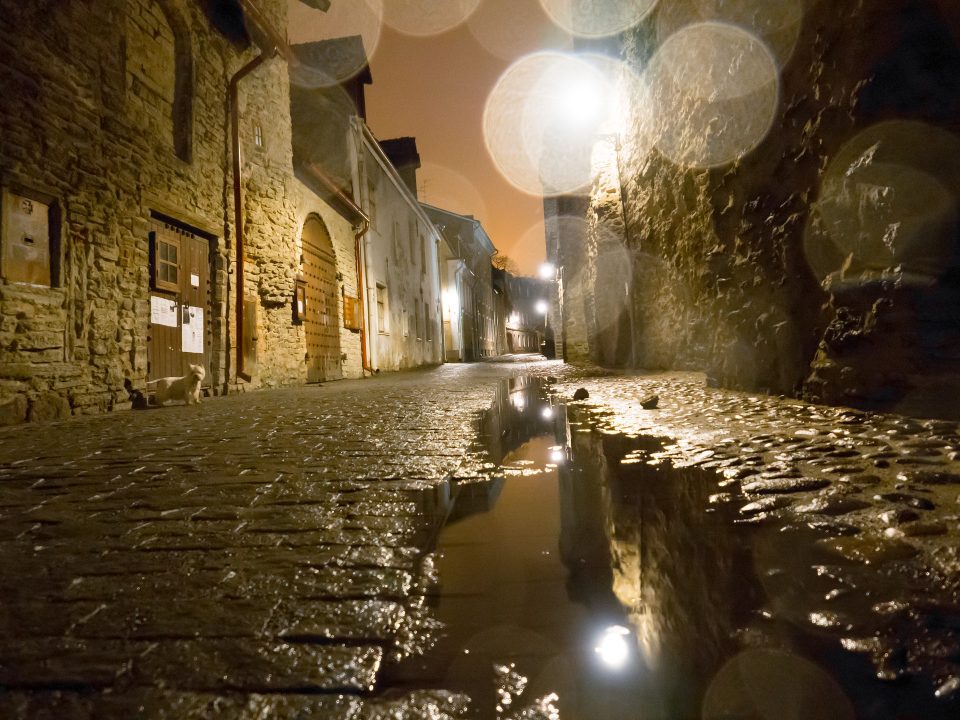Hi folks, I hope you are all doing ok. This Sunday we will be meeting on zoom at 8.00pm. If you want to be involved in our conversation and you don’t usually get our links then please do let me know. This weeks blog is written by Rachel & Aaron and is based on a conference they attended last year …
Scavenger
Hi folks, I hope you are doing ok? This week we will be meeting on zoom at 8.00pm, if you don’t normally get the link but want to join us then please send me a message and we can hook you up. Over the next few weeks, alongside blogs from other members, I want to go through the key components that make up …
‘WHY DID JESUS, MOSES, THE BUDDHA AND MOHAMMED CROSS THE ROAD?’
Hi folks, I hope you are all ok, we will meet at 8.00pm on zoom, if you don’t normally receive our zoom links and want to join us then send me a message, you would be very welcome to join us. This weeks reflection comes from Pauline. Brian D. McLaren is an author, speaker, activist, and public theologian. A former …
Connectedness
Hi folks, how are we all doing? We will be meeting on Zoom at 8.00pm on Sunday, i’ll send the link in the usual places, if you don’t normally get the link but want to join us then you would be very welcome. I have had a few things buzzing around my head this week and it’s been difficult to …
Lost at Sea
Happy New Year! Hmmm not sure about you, but I wouldn’t say it’s particularly happy! But maybe it should read ‘have a happier new year’! I will share the Zoom link on Sunday afternoon before we meet at 8.00pm in the evening. I hope you had a decent Christmas in the midst of all the restrictions and challenges. As we …
Love is coming
Hi folks, how are we doing? We gather together on zoom again at 8.00pm on Sunday. If you would like to join in but don’t usually get the link please do let me know and we can include you. We find ourselves moving into Advent and approaching Christmas with all the uncertainty we have become accustomed to since the beginning …
Story and Creativity
Hi folks, I hope you are all managing to stay above water in these strange times. This week we will be meeting at 8.00pm on zoom, if you want to join us and don’t normally get the link then let me know. As the sun set last Sunday I was expecting a tough week. I struggle with the dark nights, but …
The ‘lack’
Hi folks, I hope you are ok, I will send the zoom link later on Sunday. (Let me know if you want to be involved) I thought it would be worth sharing some further thoughts to our podcast that I posted at the start of the week. Pete tackles a number of themes in his podcast, which if you get …
Working with…
Hi folks, I hope you are well, we have been back at work after our week off. We both had a great time away and a chance to chill and relax… it was very much needed, particularly in these strange times! Once again we will be meeting on Zoom… the link for that will be posted in the usual places, …
How you doing??
Hi folks, we are meeting on Zoom this Sunday night, David will produce the link and send it out later, if you want to be involved and aren’t in our messenger groups then please do comment below. Well, we are living in interesting times aren’t we… Things are changing all the time, not just for us, but for our families …
